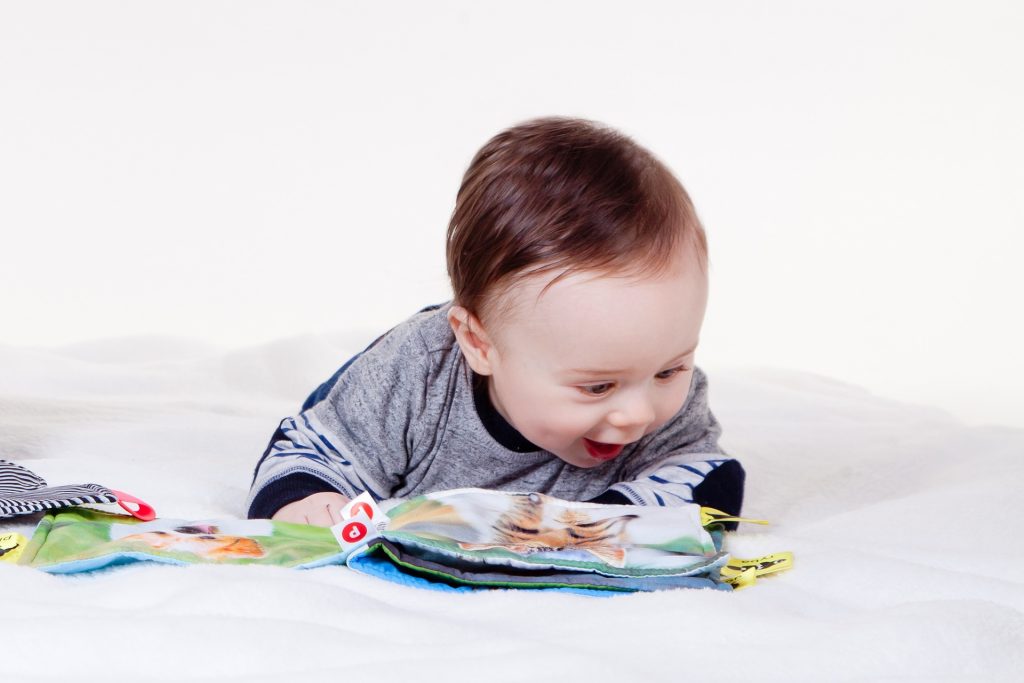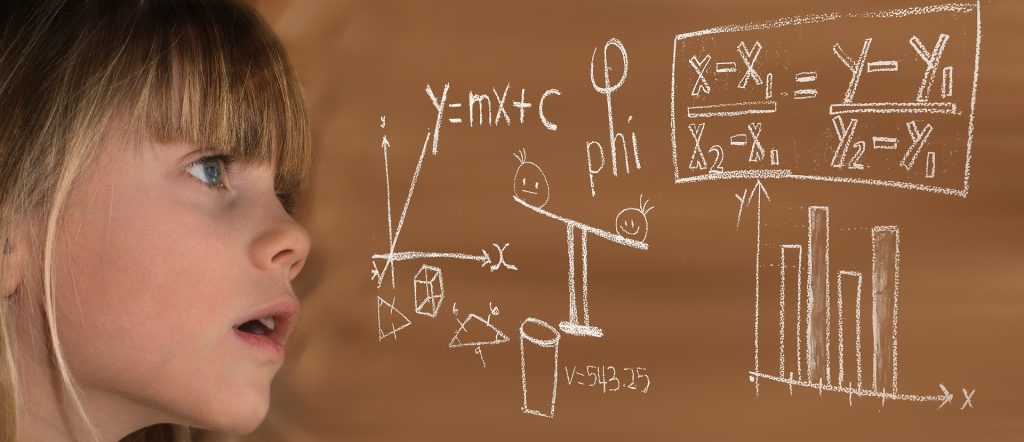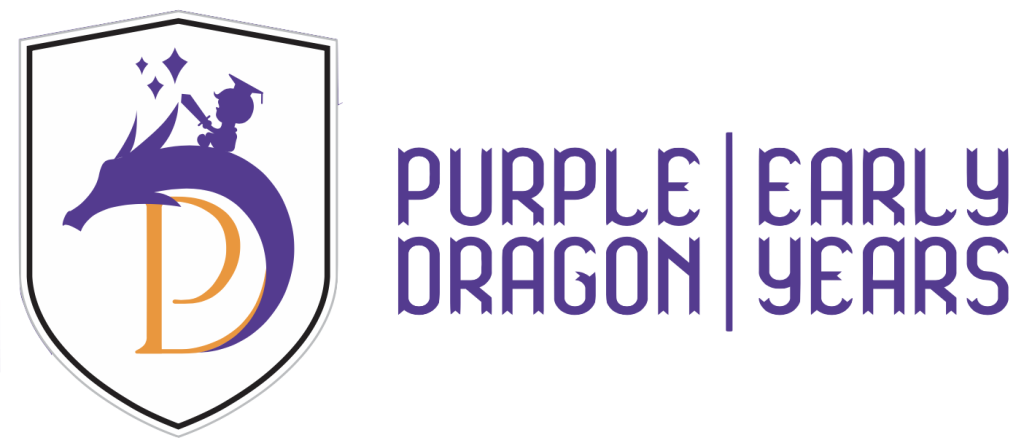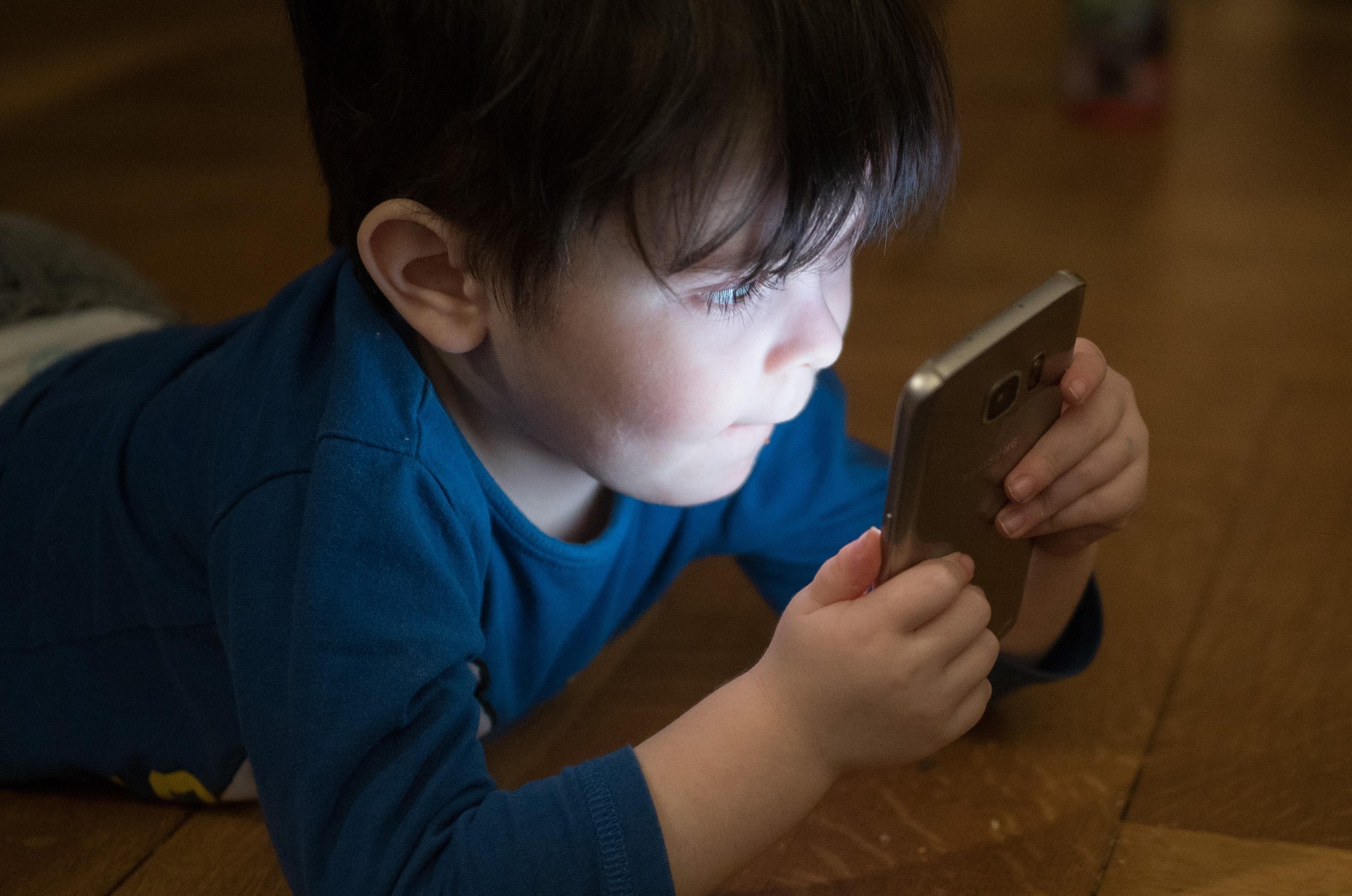“The idea that people’s ability to learn something new follows from what they already know is not new but more recent research findings have shown that the ability to relate new information to prior knowledge is critical for learning” – UNESCO report on How Children Learn [2002]. This is the fourth of twelve overall psychological based learning principles in the report, in short it means that we need to know things to learn new, related, things.

Indeed, the report goes on to assert that “It is not possible for someone to understand, remember or learn something that is completely unfamiliar”. This comes as a bit of a surprise as we might imagine our children must encounter things that they are completely unfamiliar with all the time because they start with no knowledge at all right? However, when you think about it, new-borns have some instinctive behaviour.
Who hasn’t marvelled at a new born finding its way to its mother’s breast in the those first few seconds after birth? And, basically, they build from there via observation and listening and trying things out. It is truly amazing!
We all do this when you stop to think about it. When we hear something new, we automatically assess its veracity against what we already know and it is harder to accept new “truth” when it varies, or worse negates, what we heretofore thought was true.

This is also a prime source for conmen and propaganda, the antidote to which is critical thinking, which is related to this principle of checking new knowledge against known things and challenging everything. At Purple Dragon critical thinking is core to all we do with the children, and in how we build and sustain our approach.
However, it isn’t sufficient to have prior knowledge. A child must activate that prior knowledge to be able to contextualise and assess new learning. “Research shows that learning is enhanced when the teaching method pays attention to prior knowledge and used this as a start point for new learning”, the UNESCO report says. In this way we put the new thing into context with the previously learned thing.

For example, if we teach our child that the Earth is round and not flat then we can next start from this point and teach them that the Moon is also round, which they can sort of see for themselves if they look up at a full Moon [and this is a great example of principle 3 – see previous post – on meaningful activities and relating learning to the real-world experience].
From there we can move on to introduce the Sun, also round, and that the Earth orbits the Sun and then move on to the other planets and so on each time building on past foundations, layer by layer. It is fine to let them hold onto some misconceptions early on as they ease into new topics and address these later. For instance, when our son was 3 years old he announced that “the sun protects the sky”, which in a way perhaps it does. Later we clarified the role of the sun but the statement was a useful way to introduce the concept of the Sun so we let it slide initially. Sometimes it pays not to be too rigid too soon as teachers…
Indicated Action
As parents and teachers, we need to constantly re-establish for ourselves what our children know and what they have learned from school and other sources such as educational videos, books, songs and peers. We do this by asking our children what they did at school or what they know about a topic we are going to introduce and also by listening to them if they try to explain something out of the blue, which they do constantly to check their understanding with their trusted adults. We then need to link this past knowledge to anything new we wish to teach our children, to evolve their understanding of a topic, and help them create the relationships between past knowledge and new learning. We also need to correct any errors in their knowledge, from whatever source it comes, and contextualise everything within real world experience and our family cultural reference. This is a life long pursuit…




